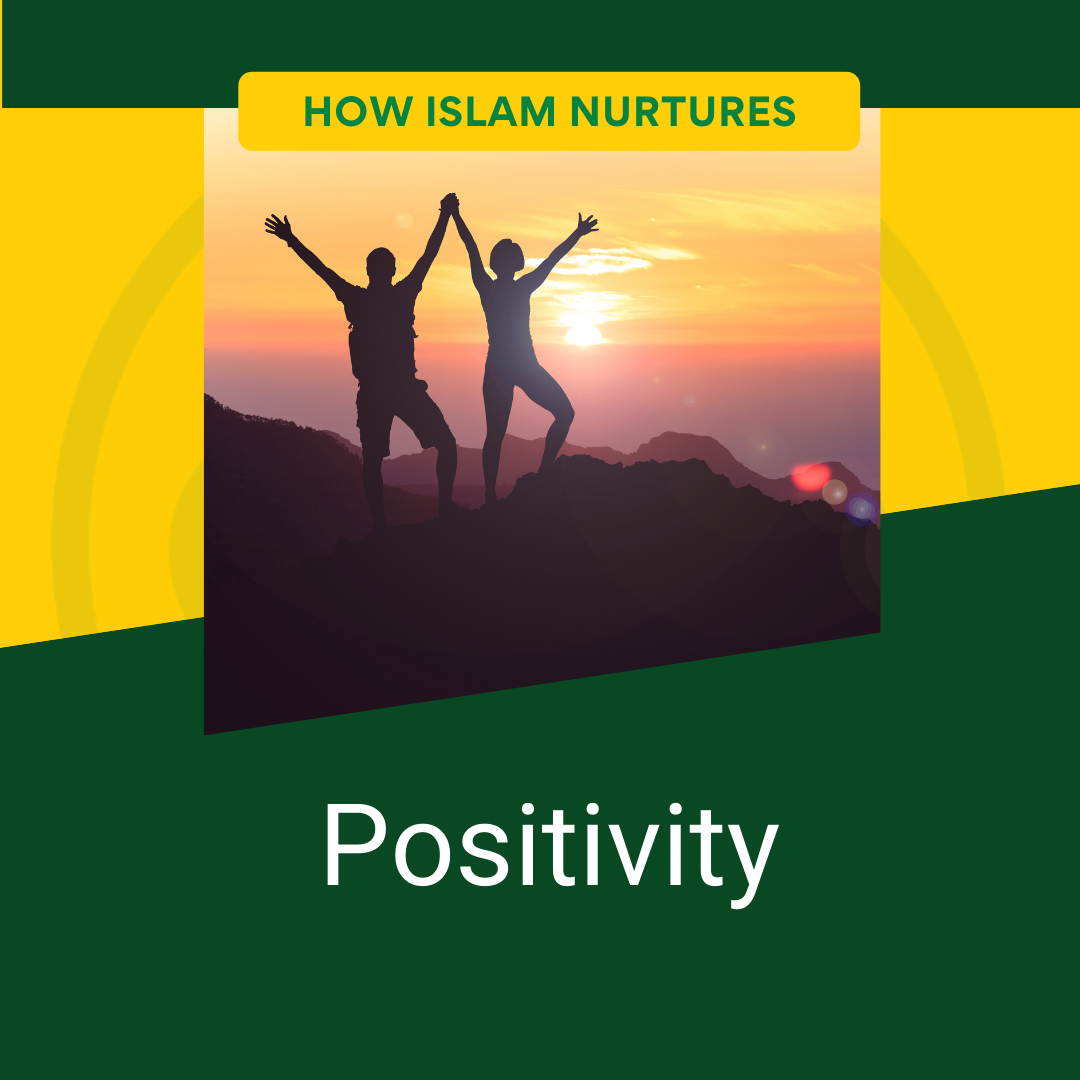Living a minimalist or uncomplicated lifestyle is nothing new.
The idea of getting rid of clutter and ‘stuff’ has been around for a long time. The concept of minimalism has existed throughout history; traditional Buddhists, live an exceedingly modest existence. However, the idea of a minimalistic living didn’t become popular among the masses until the 20th Century. While reducing one’s things is an important and visible aspect of minimalism, it’s not the underlying philosophy.
Minimalism is more about how we can live more consciously.
It’s about how intentional living can help us find contentment or meaning in our lives.
A minimalist lifestyle entails determining what is most important in your life and having the fortitude to let go of the rest. Elimination of the unnecessary may seem like a simple undertaking, but it’s much easier said than done.
The rise of social media consumerism makes it very difficult for many to practice living a simple life. “Tik Tok made me buy it” videos are all over social media. Surveys from Forbes highlight that 81% of consumers’ purchasing decisions are influenced by their friends’ social media posts. Similarly, consumers are 71% more likely to make a purchase based on social media referrals (Hubspot) and 66% of consumers have been inspired to purchase from a new brand after seeing social media images from other consumers (Stackla).
The consumption culture that surrounds us begins to make excessive consumption appear natural and normal. Excessive consumption leads to bigger houses, faster cars, trendier clothes, fancier technology, and overfilled drawers. But, the urge to have more, to achieve more and to become better according to materialistic standards never diminishes.
It promises happiness but never delivers.
Instead, it results in a desire for more. This limitless pursuit of happiness slowly begins to rob us of life; it consumes our limited resources. It redirects our God-given passions to things that they can never fulfill.
So, we need to understand how we can differentiate between our needs and our wants. Simple living means that we live according to our realistically very limited needs. And, not according to unlimited greed. Many wants may seem like needs. But needs refer to things we must have to survive, such as food, water, and shelter, and that’s about it!
“When someone is secure in his property, healthy in his body and has his food for the day, it is as if he owned the entire world”. – Prophet Muhammad (peace be upon him)
Minimalism helps you to be small, be humble, and be grateful instead.
When you’re humble, you can happily live with what you already have.
When you’re humble, you’re more nimble, agile, and responsive to change.
When you’re humble, you free yourself to have richer, meaningful experiences.
All this contributes to improving our souls, our spirituality.
Because, a minimalist lifestyle is one that is honest and transparent and free from all the fuss of pleasing others. It allows us to focus on what really matters, feed our souls instead of festering our souls. The aspect of being content with what you have, living within your means and being grateful plays a big role in living intentionally and realising what’s valuable in your life.
This concept is very much a founding principle in Islam – to be true to ourselves.
When we choose to focus on what really brings purpose to our life and what truly matters to us, then we let go of pleasing others and living for others. We enable the capacity to nurture the best version of ourselves, and focus more on putting our best foot forward. We focus on the bigger picture, and take steps for the betterment of society overall instead of just ourselves.
This conceptual cycle of continuous self-reflection, leads to bettering ourselves. This leads to the development of attributes that nurture qualities which are pleasing to God, and for the betterment of humanity. Making these changes, let’s us live intentionally, for a life full of meaning and purpose. A life in which our search for peace and contentment in life is fulfilled.
Ultimately, Islamic principles of living a simple life teach us to be grateful, to be content in our lives, while striving towards improving our spirituality.
Everyone has a natural drive to achieve more and do more, however this drive should be steered towards things that matter, and are more beneficial to our consciousness. We learn to live within our means, relative to our own circumstances. We become grateful when opportunities arise to progress in our life, but the focus remains to live in the moment.


